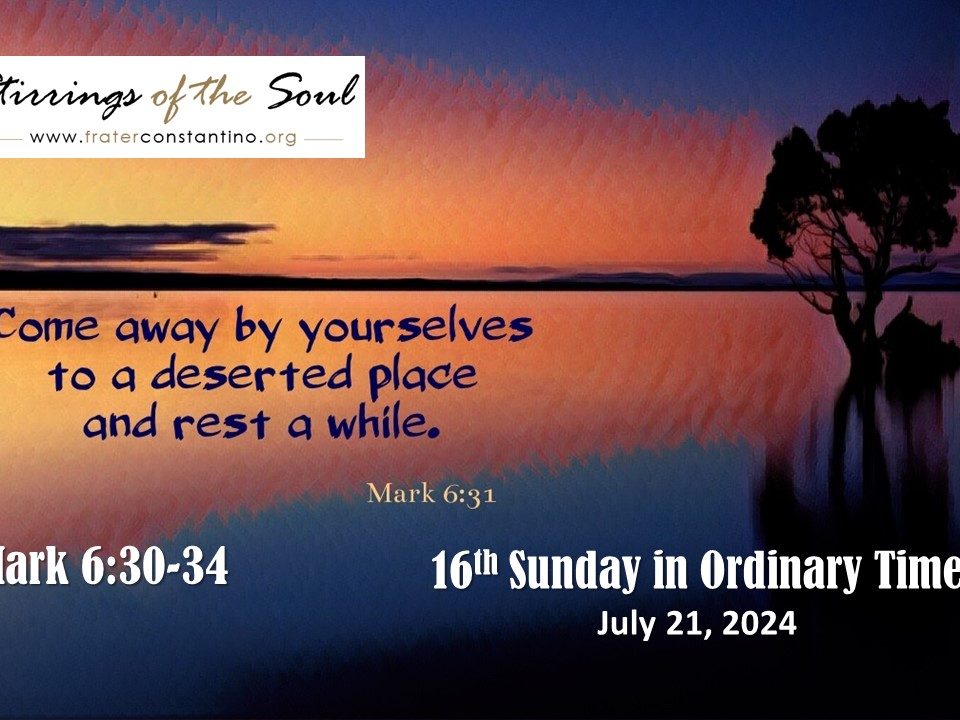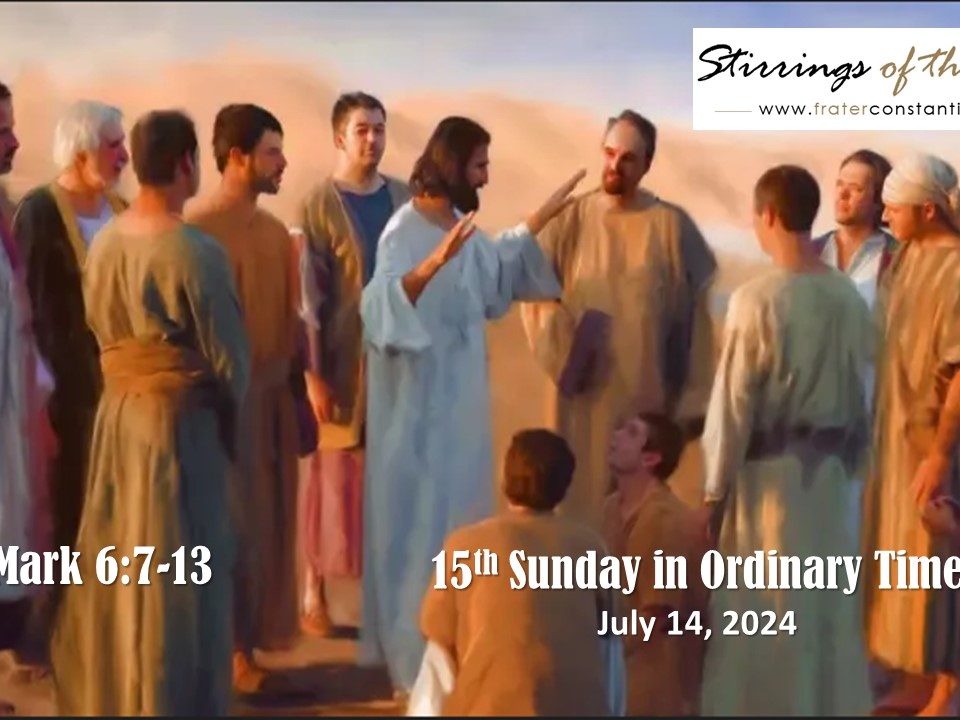Luke 5:33-39

Luke 5:1-11
September 3, 2020
Luke 6:1-5
September 3, 2020Luke 5:33-39
22nd Week in Ordinary Time Year 2
1 Corinthians 4:1-5
Luke 5:33-39
A. Text/Context
- What is the background concerning fasting during the time of Jesus? The Jewish fasting is only one day in a year because that is the only day required in their covenant with God (the holiest day of the year is Yom Kippur usually in September or October each year)
- The disciples of John would fast very often because they live a very disciplined and very conservative life. This group of people is known as the Essenes. These people are not mentioned in the New Testament not until 1947, when the Dead Sea scrolls were discovered
- The Essenes are ascetic, and scholars agree that John the Baptist came from this group of people
- And John the Baptist himself has a command of his own followers from this group of people (3 groups: disciples of John, disciples of the Pharisees, and disciples of Jesus). And so concerning fasting, the disciples of John would do fasting more often than the ordinary mainstream Jew
- Fasting is only one day in a year but the more devout Jews would like to fast two days a week on Thursdays and Mondays during the entire year because according to tradition, Moses went up to Mount Sinai on Thursday and went down on Monday
- This was not the average requirement it was a rule that they create in living a community. And so the people asked Jesus why is it that your disciples do not fast?
- Jesus answered the question with a metaphor where he calls himself the bridegroom. He said: Can the wedding guests mourn as long as the bridegroom is with them? When he is taken away, then, they will fast
- In Hebrew Scriptures a bridegroom is referred to as God. It is a happy moment when Jesus is in the midst of his disciples, and so you do not need to fast
- Jesus gives 2 more examples in metaphors: you do not cut a cloth from a new coat and sew it in the old one. Why? Because you destroy the new one and you also make ugly the old one
- Another metaphor, you do not pour new wine into old wine skins. The new wine will bubble giving off oxygen creating an intense pressure exploding the glass vessel (e.g. native Tuba)
- And so the gospel tells us of a newness of life and the old life that we lived is now changed to a new life with God
- The message of the three examples mean that Jesus who is now in our midst is now the new covenant and those who believe in him are the new chosen people like us
B. Human Situation
- It means that from an old way of life, selfishness is the master, in the new life charity now reigns supreme. From being so proud you become humble and lowly. From being so lazy you become so industrious
- From being so corrupt you become so noble and dignified, etc. In short a new converted life from bad to good, or from good to better, from better to best and not the other way around
- It is unthinkable that when you become old and grey you become more greedy and uncharitable
- It is expected that as you grow older, you also grow in values, virtues, and wisdom and not the other way around. It is new wine poured into new wineskins
C. Challenge
- So the challenge for us today is really a life of consistency that we should be consistent living a life of conversion not just on fasting days
- Fasting with the right intent because God will manifest the motives of our hearts as what the 1st reading in Corinthians talked about, and even without a fast we are called to be consistent living a life of daily conversion




